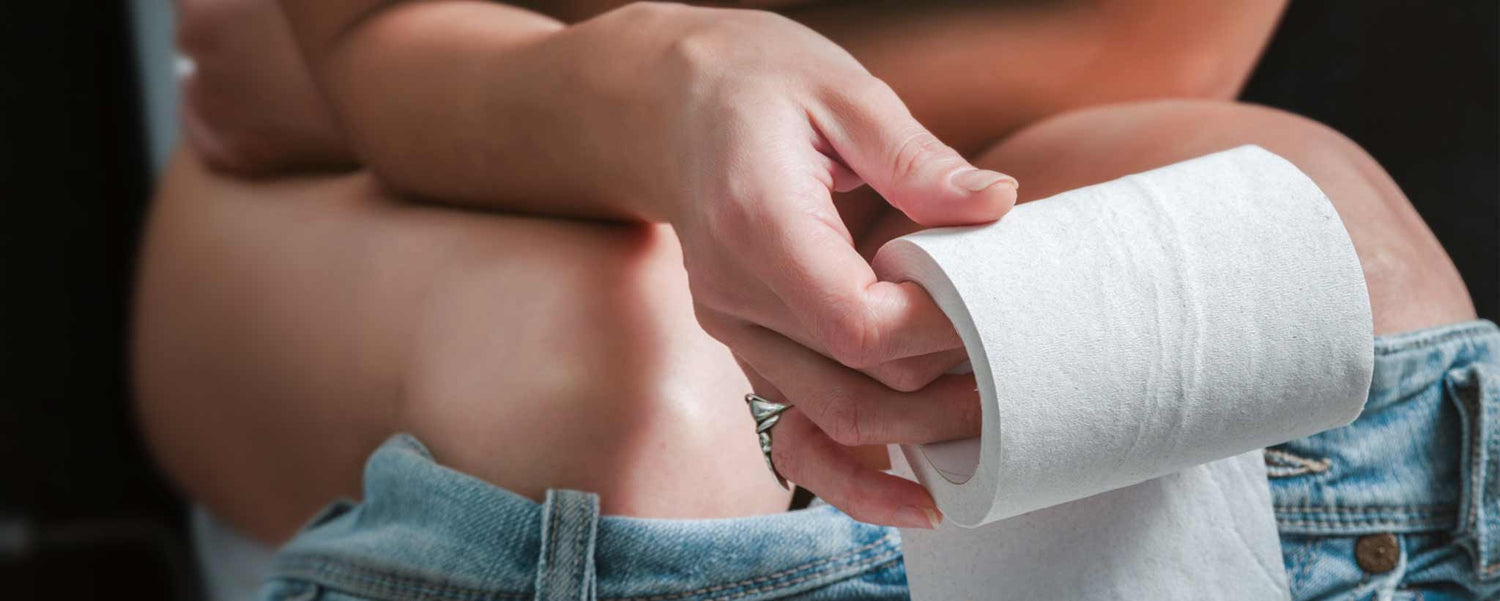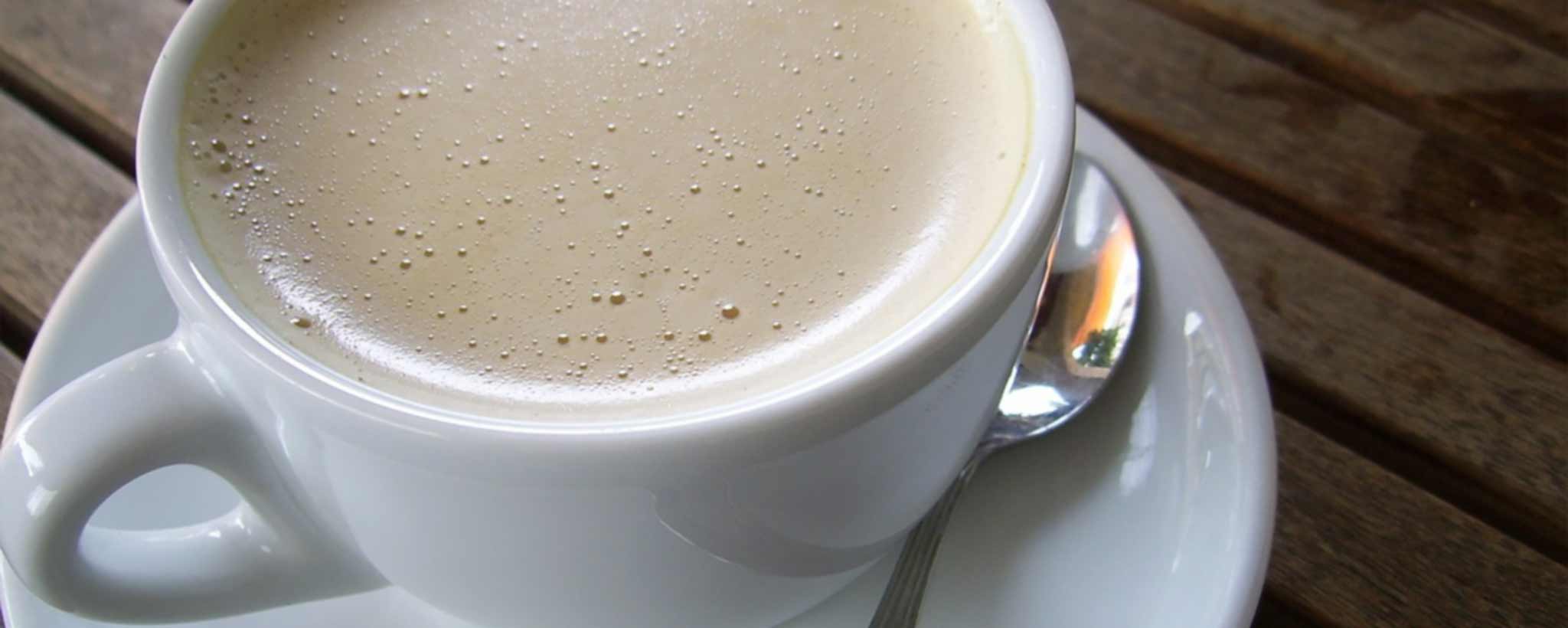Four days without a movement can signal a medical emergency.
What Causes Constipation?
Personal diet, exercise, and physiology affect your toilet contributions. Whether regular evacuations are three times per day or as many times per week, at some point in life, you experience constipation. It is indicated by the interruption in your normal bathroom routine. Time and effort on the toilet are unproductive or incomplete. Bloating, straining, hard stools, and flatulence make constipation uncomfortable.
- Primary constipation: Slow intestinal movements caused by an anatomical issue. This is often associated with not consuming enough fiber or not drinking enough fluids.
- Secondary constipation: Associated with metabolic disease (such as diabetes), neurologic diseases (stroke, Parkinson’s disease, multiple sclerosis), connective tissue disorders, or eating disorders.
Your predicament has much to do with what you include or exclude from your diet. Lack of whole fruits, too little or too much fiber, overuse of laxatives, and some prescription medications can be culprits.
Some causes of constipation include:
- Antacid medicines containing aluminum or calcium
- Colon cancer
- Consuming too many dairy products
- Eating disorders
- Irritable bowel syndrome
- Insufficient water or fiber in your diet
- Inactivity
- Ignoring the urge to defecate
- Laxative overuse
- Pain-relieving medications (opioids, antidepressants, NSAIDs, and iron pills)
- Parkinson’s disease or multiple sclerosis
- Pregnancy
- Problems with the nerves and muscles in your digestive system
- Stress
- Underactive thyroid (hypothyroidism)
Treatments For Constipation

Constipation treatment depends upon the cause. Improving your movements can occur after drinking more water. You can benefit from more regular exercise or scheduling balanced meals. Medical conditions, eating disorders, reducing dependency on pain relievers, and eliminating stressful conditions likely require assistance from a medical professional.
Most people reach for laxatives after a day or two. Not all laxatives are the same. The first line of adult treatment includes bulk-forming laxatives (fiber supplements). Within 12–24 hours, they increase the bulk of stools by getting them to retain liquid. Over a longer period of 2–3 days, osmotic laxatives soften the stool by increasing the amount of water secreted into the bowels, making stools easier to pass.
Some laxatives stimulate the digestive tract walls, speeding up bowel movements. Usually, they take effect within 6–12 hours. Stool softener laxatives work within 12–72 hours as they decrease the surface tension of stools so that they absorb more water, making them softer. Lubricant laxatives decrease the amount of water absorbed by the intestines. In emergencies, more immediate evacuation is possible with magnesium citrate, saline laxatives, or prokinetic laxatives.
Dangers of Prolonged Laxative Use
Extreme dieters and people with eating disorders often overuse laxatives. This can inversely lead to constipation, laxative dependency, adverse anatomical changes to the digestive system, electrolyte and mineral (particularly potassium) imbalance, and severe dehydration.
Four days without a movement is usually too long. You should see a doctor to be evaluated for a bowel obstruction. Signs and symptoms include abdominal pain, vomiting, bloating, and inability to flatulate. Small bowel obstructions are most often due to adhesions and hernias, while large bowel obstructions are most often due to tumors and volvulus, requiring surgical intervention.
Garbage In—Garbage Out
Too few people consider how the food we eat affects what comes out the other end. You might prefer meat without vegetables or consume mostly chips, soda pop, and candy. There is wisdom in your grandmother’s advice to eat more roughage (plant-derived dietary fiber). Good sources are kale, salad greens, and celery. You should try to eat 14 grams of fiber for every 1,000 calories you consume per day.
Which rice has fiber? Even bugs agree that brown rice has more nutritional fiber than white rice. They will bore into bags of brown rice but leave white rice untouched. So keep the brown rice in the refrigerator. Besides roughage, fruit provides essential vitamins and enzymes that aid digestion.
Summing it up, to remain A Bit More Healthy, drink plenty of water, exercise daily, eat balanced meals, and avoid overuse of laxatives. Whether you are constipated or not, practice good hygiene by thoroughly washing your hands after visiting the toilet.
To support the writing of useful articles about gastroenterology, ClinicalPosters sells human anatomy charts, scientific posters, and other products online. You may sponsor specific articles, become a ClinicalNovellas Member, or remit a small donation.
ClinicalPosters sells human anatomy charts, scientific posters, and other products online to offset expense of the writing useful articles about gastroenterology. Slide extra posters into DeuPair Frames without removing from the wall.
Show your support by donating, shopping for ClinicalPins, becoming a ClinicalNovellas Member, or leaving an encouraging comment to keep the research going.
To support the writing of useful articles about gastroenterology, ClinicalPosters sells human anatomy charts, scientific posters, and other products online. You may sponsor specific articles or remit a small donation.
ClinicalPosters sells human anatomy charts, scientific posters, and other products online to offset expense of the writing useful articles about gastroenterology. Slide extra posters into DeuPair Frames without removing from the wall.
ClinicalPosters sells human anatomy charts, scientific posters, and other products online. You may remit a small donation or become a ClinicalNovellas Member.
You can support the writing of useful articles about gastroenterology by sponsoring specific articles, becoming a ClinicalNovellas Member, or remitting a small donation. Visible content is optimized for device size.






 Romance & Health Intertwine. Fall in love with a captivating romance miniseries that explores the essence of well-being. Become a ClinicalNovellas member for heartwarming tales.
Romance & Health Intertwine. Fall in love with a captivating romance miniseries that explores the essence of well-being. Become a ClinicalNovellas member for heartwarming tales.






